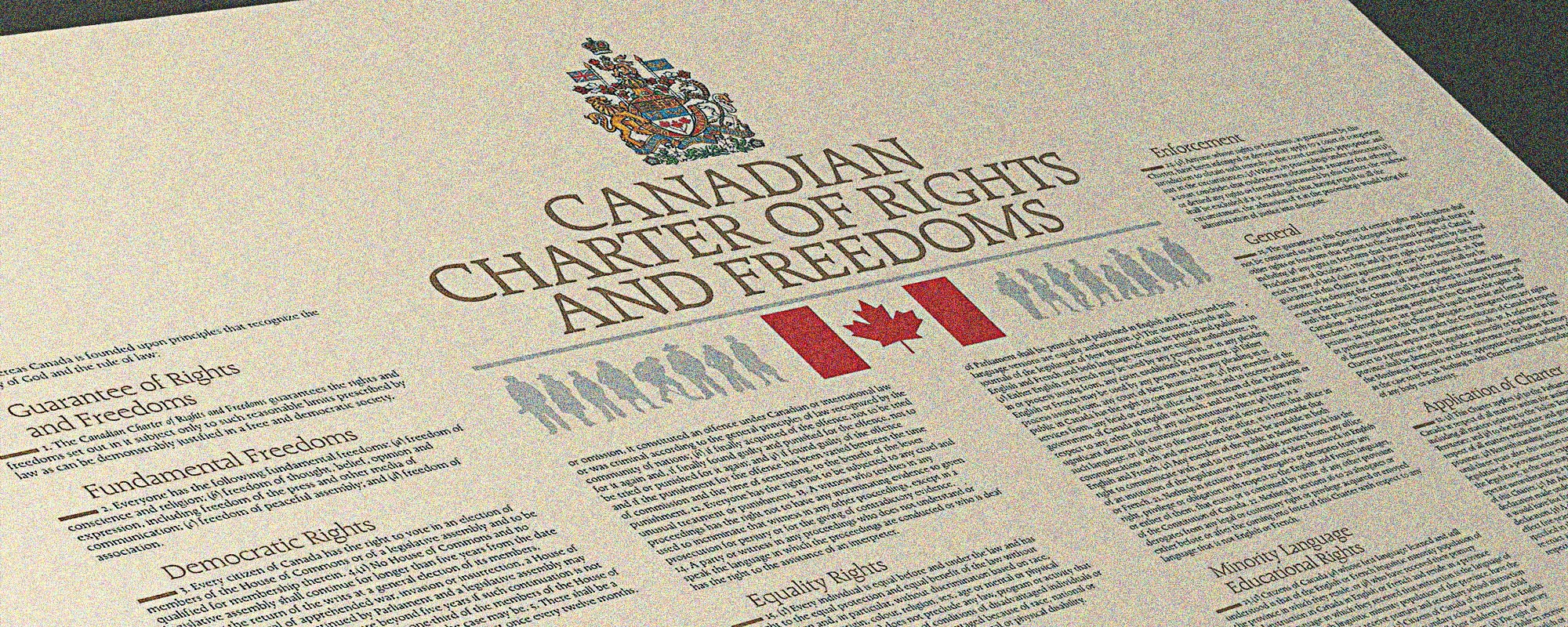TORONTO, April 15, 2025 – The Canadian Civil Liberties Association (CCLA) will appear at the Supreme Court of Canada to defend the constitutional right of Canadian citizens and permanent residents to move freely between provinces.
This case stems from the unprecedented COVID-19 travel restrictions in 2020, which prohibited Canadians from crossing provincial borders for the first time in history. The CCLA will argue that, even during a public health crisis, governments must justify any infringement on Charter-protected rights, ensuring such measures are reasonable and the least restrictive option.
In May 2020, Newfoundland and Labrador (NL) imposed a sweeping travel ban during the pandemic, allowing only residents, asymptomatic workers, and those granted special permission to enter. As a result of this travel ban, Kim Taylor, a Canadian citizen born and bred in NL but residing in Nova Scotia, was initially denied entry to NL to grieve with her family and attend her mother’s funeral.
CCLA and Taylor are challenging the travel ban’s constitutionality on the basis that it infringed Canadians’ and permanent residents’ mobility rights, which are protected under section 6 of the Canadian Charter of Rights and Freedoms. CCLA and Taylor argue that this ban was unreasonable and unjustifiable in the face of less infringing alternatives.
While a judge ruled in 2020 that the travel restriction violated Charter rights, the violation was deemed reasonable in the context of the pandemic. The NL Court of Appeal dismissed the appeal in 2023, stating the issue was moot as the travel ban had been lifted. The Supreme Court granted leave to appeal in April 2024.
“A public health crisis is not a magic wand which can justify any policy choice. Times of crisis are precisely when the civil liberties and fundamental freedoms that define our society are at greatest risk. Courts must fulfill their crucial role as guardians of people’s constitutional rights” said Anaïs Bussières McNicoll, Director of the Fundamental Freedoms program at the CCLA.
“Despite the existence of less infringing alternatives, Newfoundland and Labrador chose to enact a broad interprovincial travel ban that caused unnecessary suffering by severely limiting Canadian citizens’ and permanent residents’ mobility rights.”
“We are asking the Supreme Court of Canada to affirm that Canadian citizens and residents have a constitutional right of interprovincial mobility – a right that ensures the unity of Canada as a nation. We are also asking the Court to find that Newfoundland and Labrador’s broad travel ban was unconstitutional,” concluded McNicoll.
CCLA is immensely grateful for the outstanding pro bono legal services of Paul Pape, Shantona Chaudhury and Mitchell McGowan of Pape Chaudhury LLP in this case.
About the Canadian Civil Liberties Association
The CCLA is an independent, non-profit organization with supporters from across the country. Founded in 1964, the CCLA is a national human rights organization committed to defending the rights, dignity, safety, and freedoms of all people in Canada.
For the Media
For further comments, please contact us at media@ccla.org.





